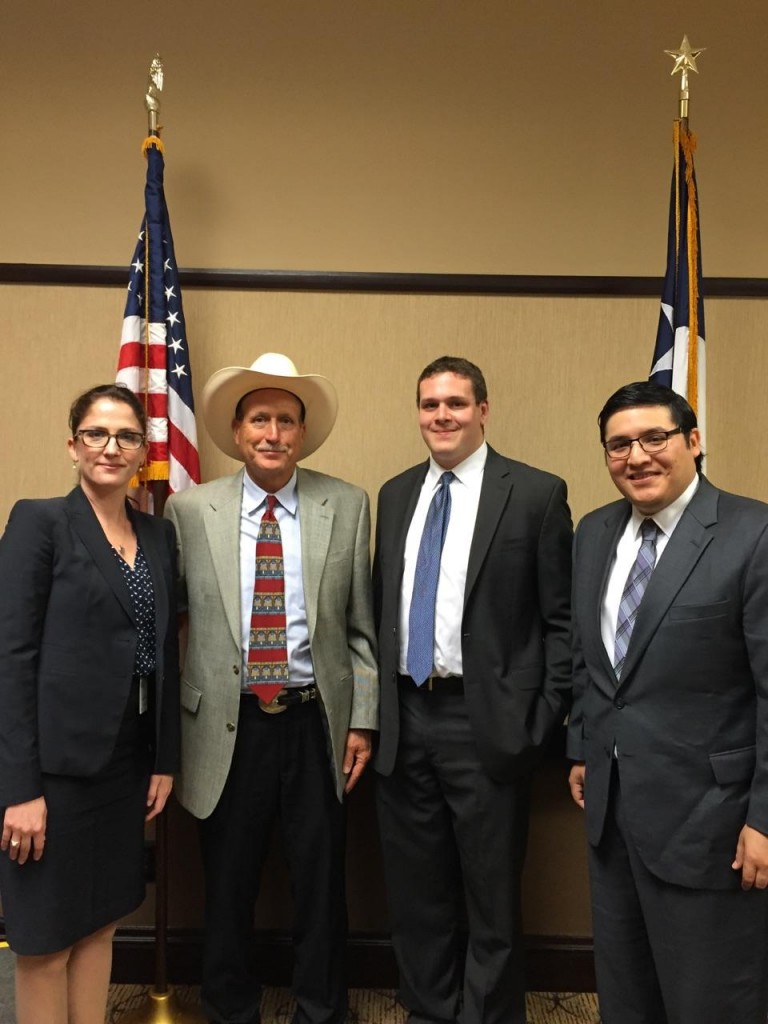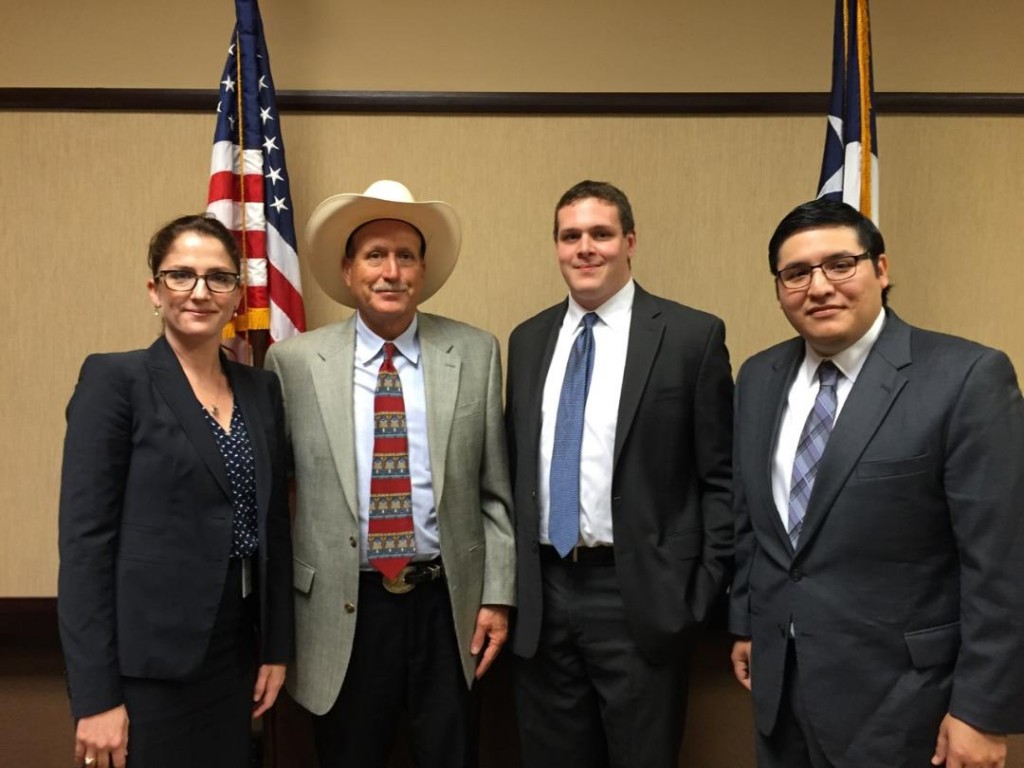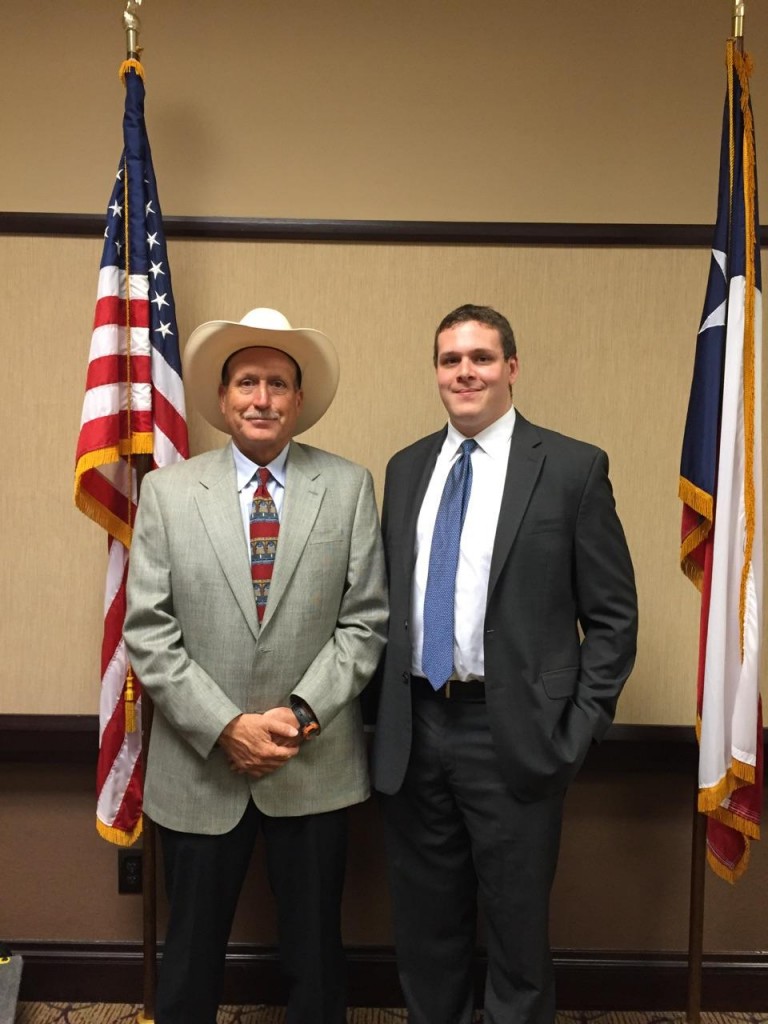On November 20, 2014, President Obama unveiled DAPA, an executive policy that would defer the deportation of up to four millions illegal aliens and afford them work authorization. One week later, Texas, joined by 25 other states, filed a lawsuit against this unprecedented expansion of executive power.
In January, I joined an amicus brief on behalf of the Cato Institute and law professors Josh Blackman, Jeremy Rabkin, and Peter Margulies supporting the challenge. While we broadly support comprehensive immigration reform, we argued that DAPA violated the president’s constitutional duty to take care that the laws were faithfully executed because this action went far beyond merely setting priorities on who will be pursued and deported given finite enforcement resources. It was highly unusual for Cato to file in a district court—amicus briefs of any kind are rare at this level—but this was a highly unusual situation.
On February 16, 2015, Judge Andrew Hanen blocked DAPA from going into effect, finding that the executive branch did not follow the proper administrative procedures—such as seeking comments from the public—before implementing what is effectively a substantive change in established immigration law.
The federal government appealed this judgment to the U.S. Court of Appeals for the Fifth Circuit (my old stomping grounds). It also filed for an “emergency stay,” arguing that Judge Hanen’s ruling causes irreparable damage to the United State and asking the appellate court to put it on hold. This was a cheeky maneuver given that Hanen’s ruling was itself a “temporary injunction” justified by the irreparable damage to the states that the judge determined would flow from DAPA’s operation. In effect, the government was asking for an “emergency” reversal of the district court, to which the Fifth Circuit panel didn’t seem particularly sympathetic at a hearing last month.
In any event, Cato and I, along with Professors Margulies and Rabkin, have now filed a brief on the underlying appeal that again supports the 26 states and argues that President Obama’s action amounts to an illegal expansion of executive authority. While the lower court did not reach this constitutional issue, the president’s duty to faithfully execute the laws is a cornerstone of our separation of powers and provides the background architecture upon which the administrative state has been constructed.
Our message is simple: the implausible defense of the president’s unilateral executive action requires a level of legal sophistry that puts Humpty Dumpty to shame. As Justice Robert H. Jackson recognized six decades ago in the seminal case of Youngstown Sheet & Tube Co. v. Sawyer (the “Steel Seizure Case”), presidential lawmaking that lacks congressional support “must be scrutinized with caution.”
Such scrutiny will reveal that, even though Congress has previously authorized deportation deferrals and accompanying work permits, DAPA amounts to a deliberate effort to bypass Congress and conflicts with five decades of congressional immigration policy. The government implores the judiciary to believe that DAPA is a humdrum exercise of prosecutorial discretion based on modest new policy guidance that enable the Department of Homeland Security to prioritize resources. Don’t believe it.


